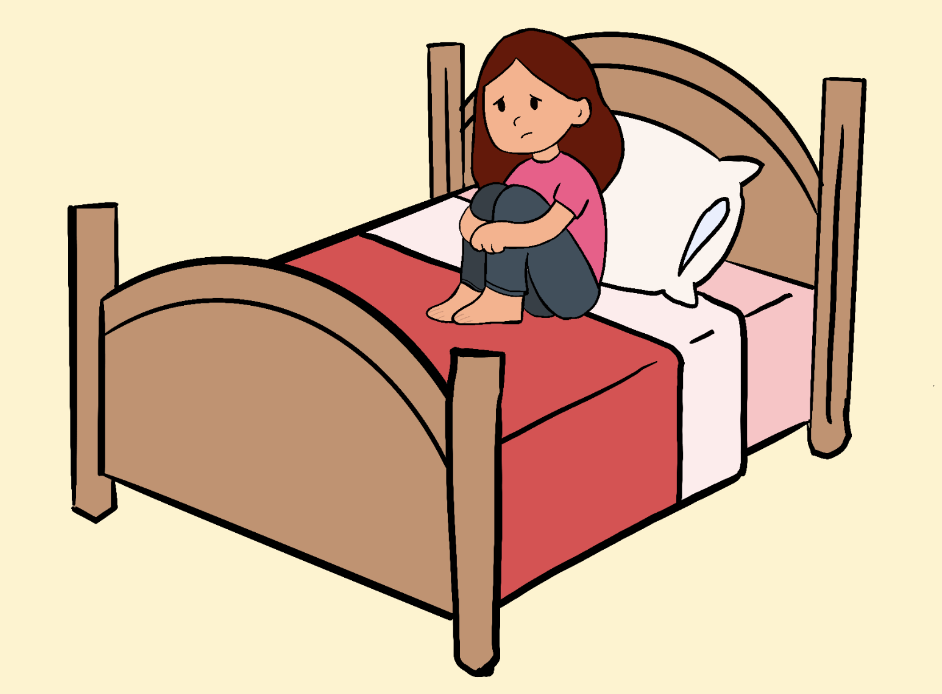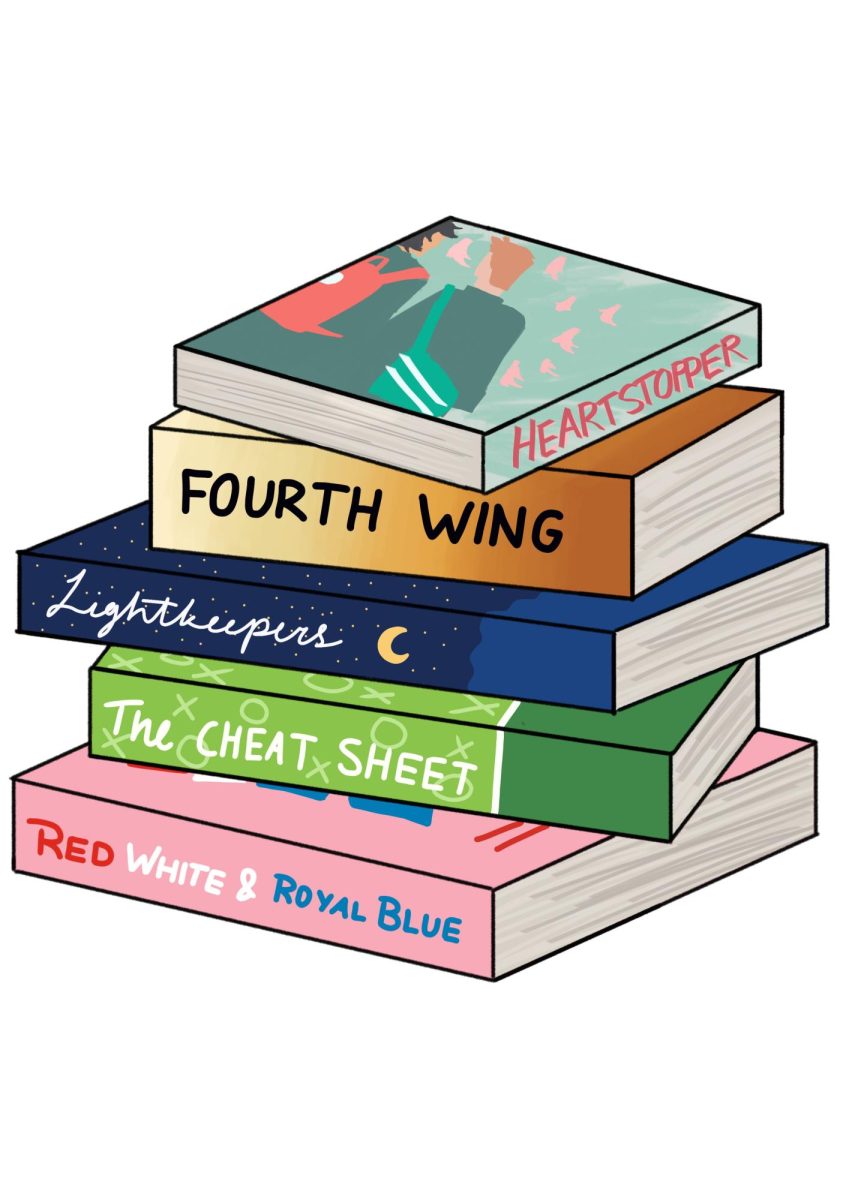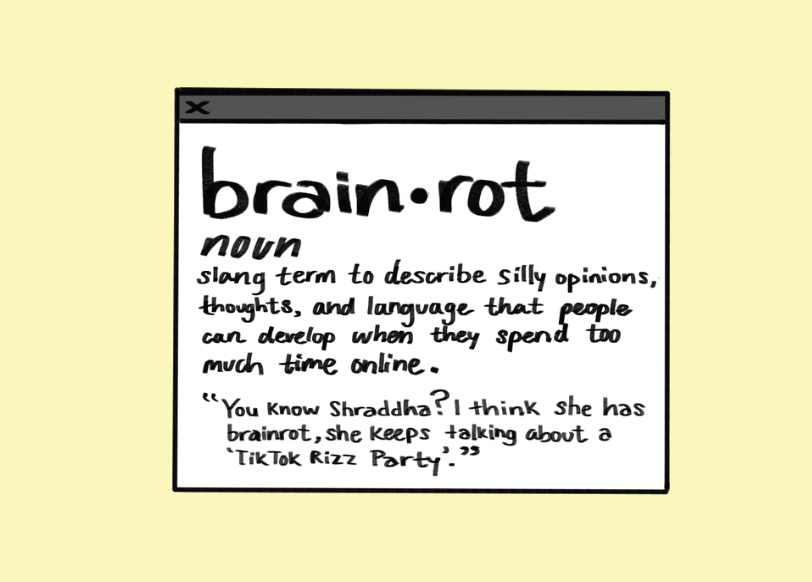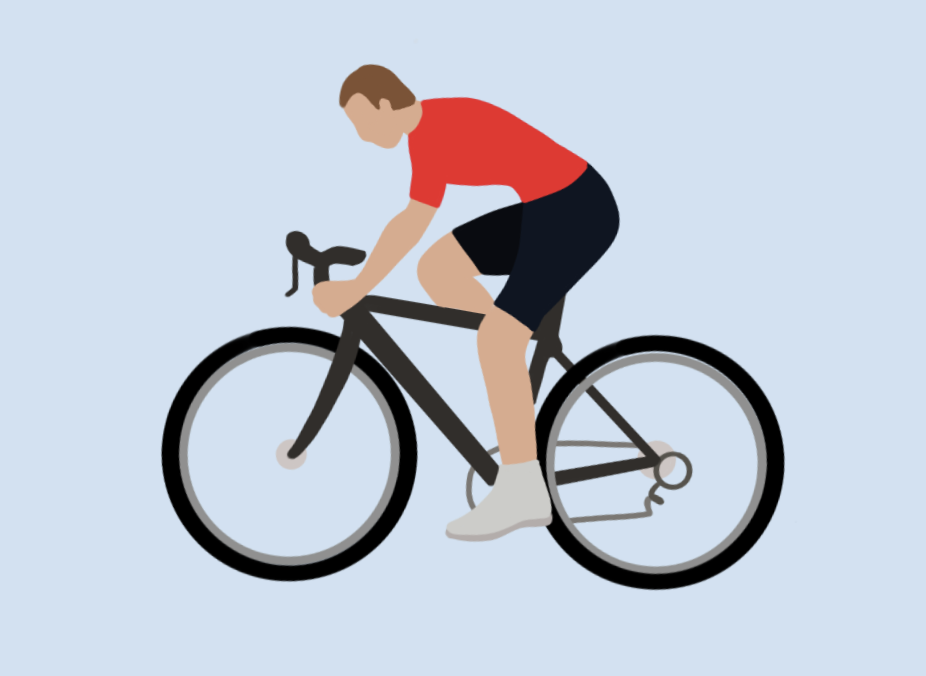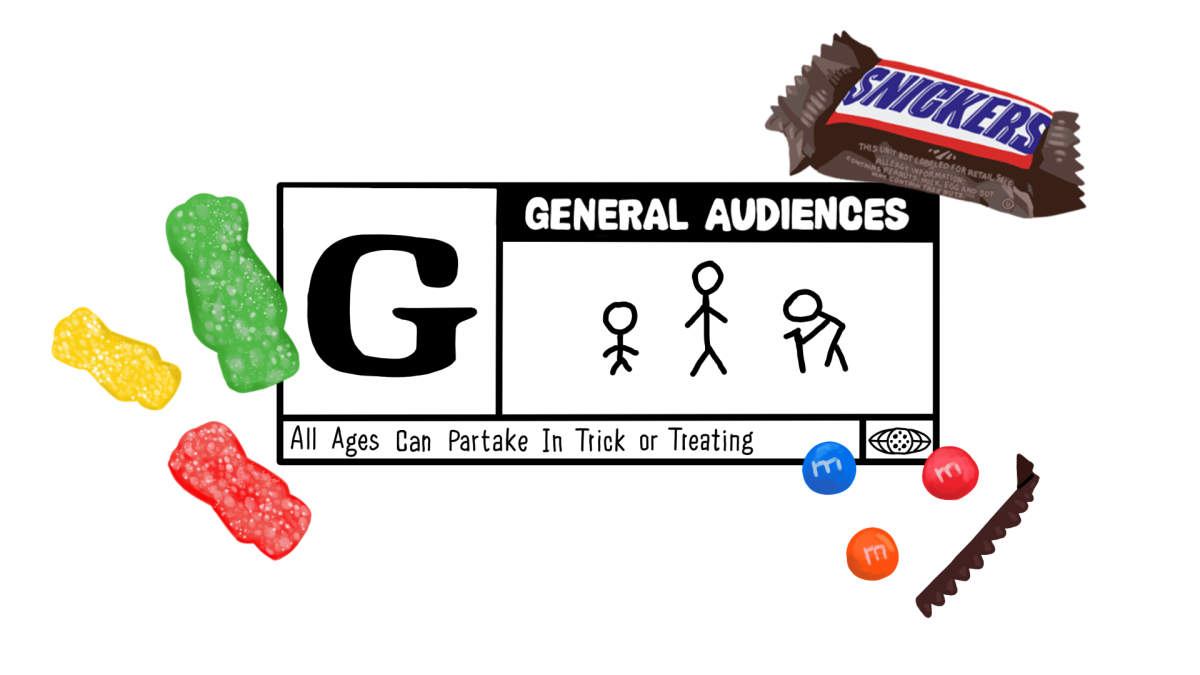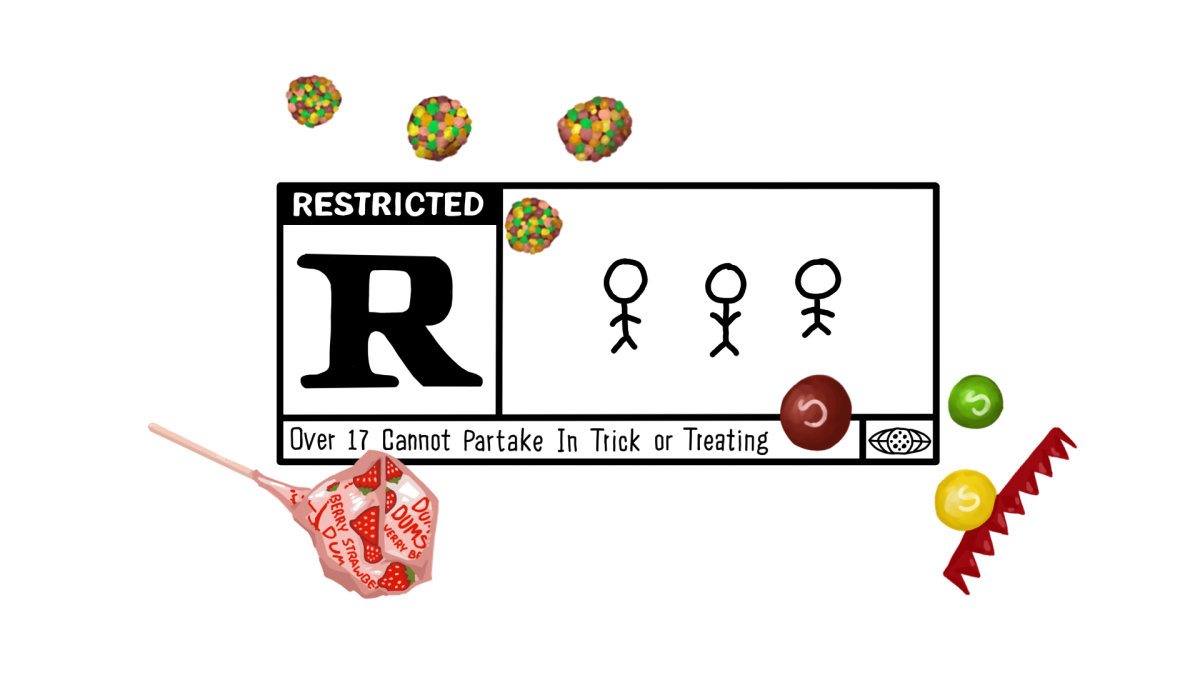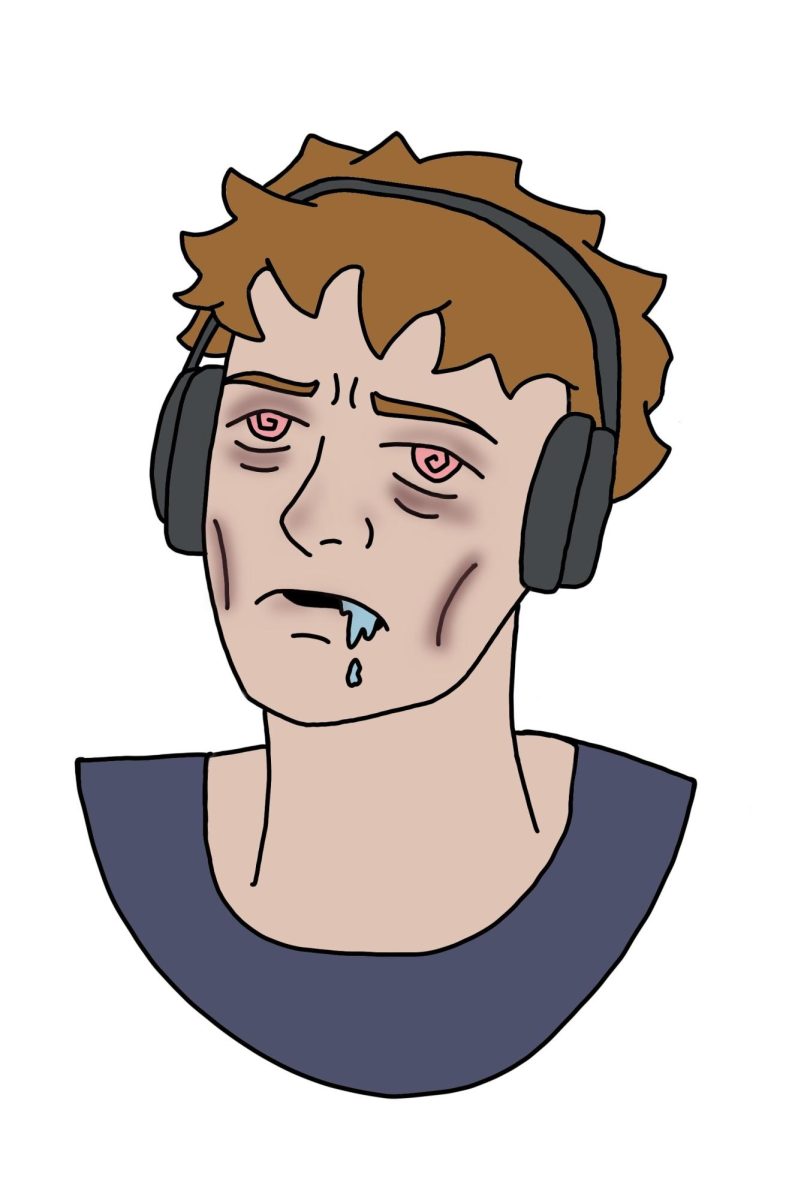The urge to do it starts the second week of school. It is a sunny August afternoon, you have just finished a long session of school or work or practice and nothing would feel better than lying motionless in bed and staring at your ceiling. You do not fall for it, of course — the motivation to study is still fresh. But by December, it is in full swing.
Rotting away in one’s bed is essentially the idea of staying in bed and doing passive activities, such as doom scrolling, watching television and drawing, rather than going outside and completing productive activities. This is not new, with a popular slang term in the 90s being “to veg,” and ultimately achieving a vegetative state in which one’s batteries can be recharged. This tactic to both actively ignore outside influences and attempt to bring peace to calm the mind and body is perfect for students, as it allows a way to defuse after school and rest.
To effectively reach a state of mental and physical calm, it is important to always have water within arms in reach, as well as a book to refresh the mind when mindlessly scrolling becomes boring. While many prefer to sit up in bed, laying down can also be useful, as it allows one to switch over to napping, the more socially acceptable alternative to rotting. The easiest way to rot in a healthy manner is to allow yourself a few hours of scrolling, reading and drinking water until the brain tires itself out and you fall asleep. After this ritual, one might feel ready to go outside, do chores and homework and re-experience the world post-rot. Despite the positive aspects and possibly fun experience of rotting in bed, this habit can become addictive and ultimately dangerous for young people.
While it is important to indulge in self-care practices to manage stress and boost one’s energy, the habitual practice of bed rotting can be a sign of depression and lead to possible sleep disruption. In students especially, the mental state of exhaustion that is being attempted to fix through laying in bed can fuel a cycle of depression or anxiety. When a student attempts to unwind by reaching a state of complete inactivity, it does not allow them to explore other extracurriculars and hobbies outside of the educational sphere that might interest them. It can also disturb traditional sleep patterns, as spending too much time in a bed without sleeping can effectively confuse the brain, a reason why many experts urge students to find an alternative place to do homework and eat other than the bed.
With this potentially dangerous coping habit already becoming wildly popular, the existence of social media and readily accessible television makes it much more addictive. Having a mindless loop of short clips, memes and photos allows a potential bed rotter easy access to an outlet in which to effectively turn off one’s brain and fall into the metaphorical hole of rotting.
Despite the many negative effects of bed rotting, many consider it an art, as the ability to lay motionless in bed for hours without urges to get up is a learned skill. In moderation, the experience of rotting away can be almost therapeutic, allowing total relaxation for a troubled and stressed student.


